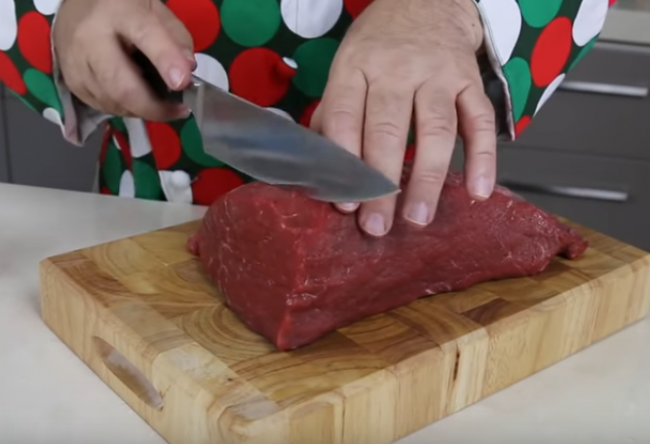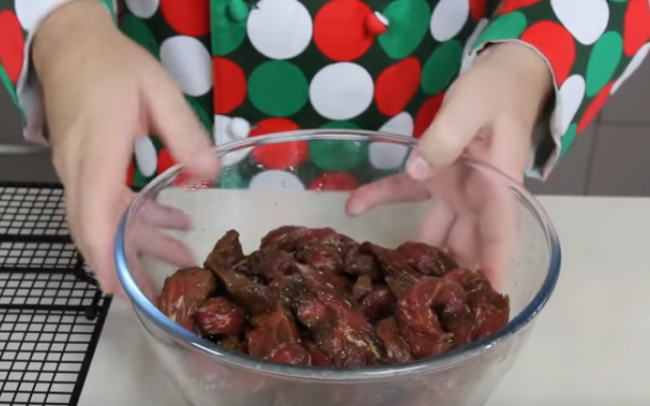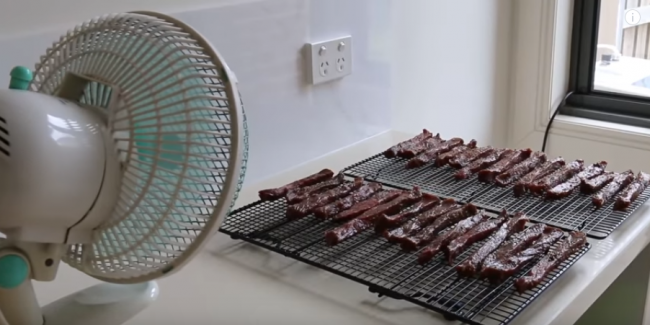Making jerky without an oven or dehydrator. Is this safe?
I watched a video where a guy slices some lean meat into thin strips
Seasons it with some normal spices
And then laid the strips on baking sheets with just a fan blowing over them. After 24 hours they are perfectly done.
How is this done and is it safe? Is it that the jerky is dried out faster than bacteria can form on it?
If so, this could be a good meat preservation method to do during the summer where you don’t want the additional heat from an oven or dehydrator going. You could also do this during a power outage with a battery powered fan when other methods might be too power intensive.
3
Log in or register to join the conversation
-
Comments (3)
-


